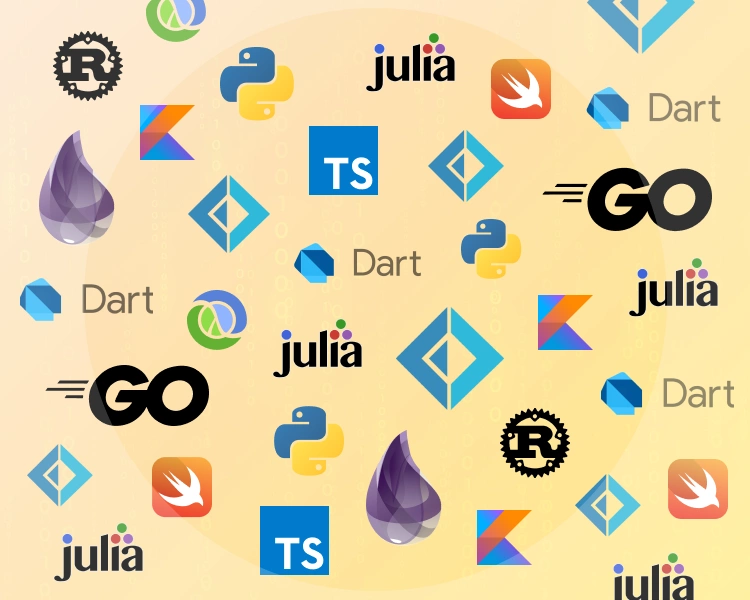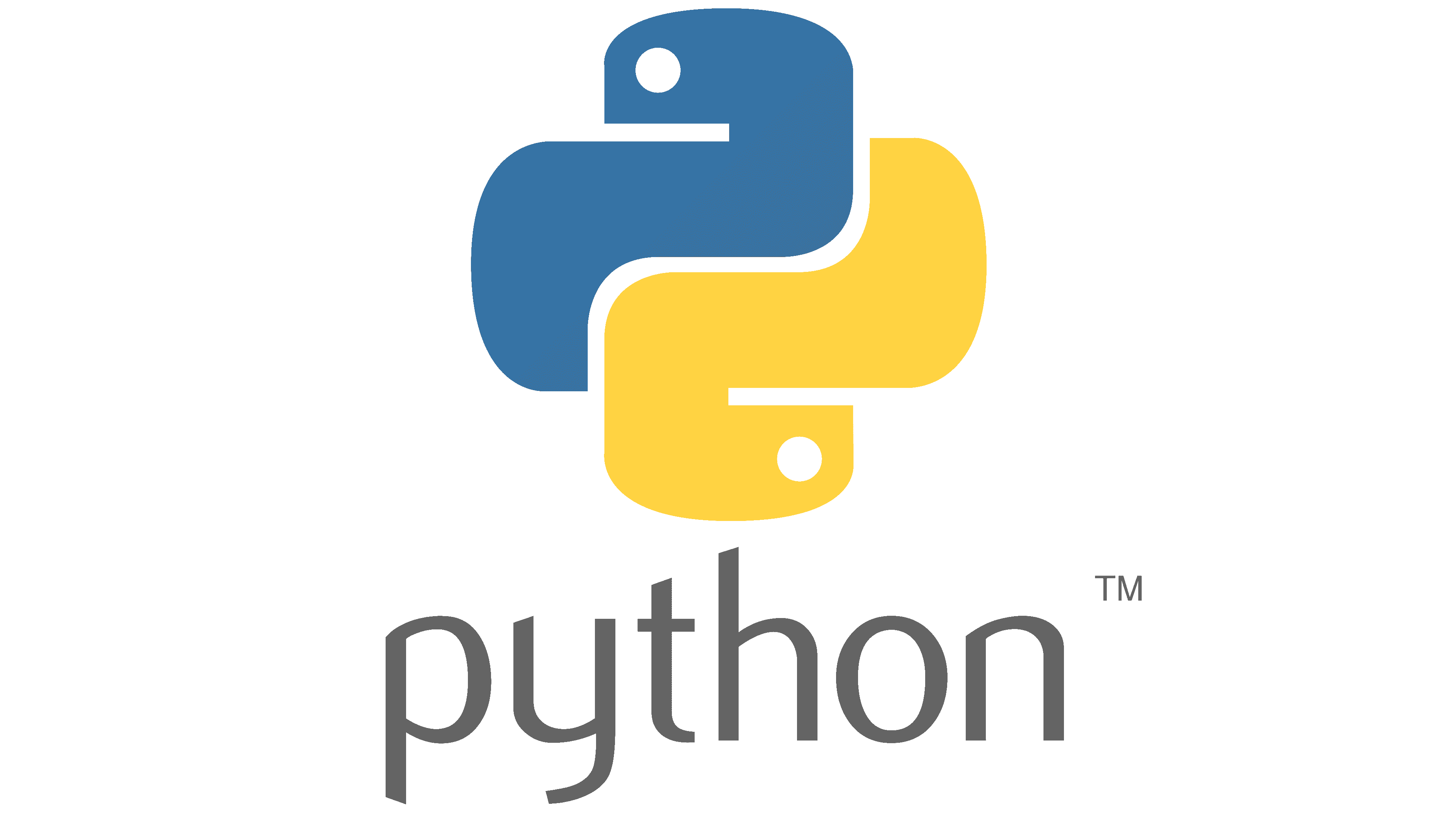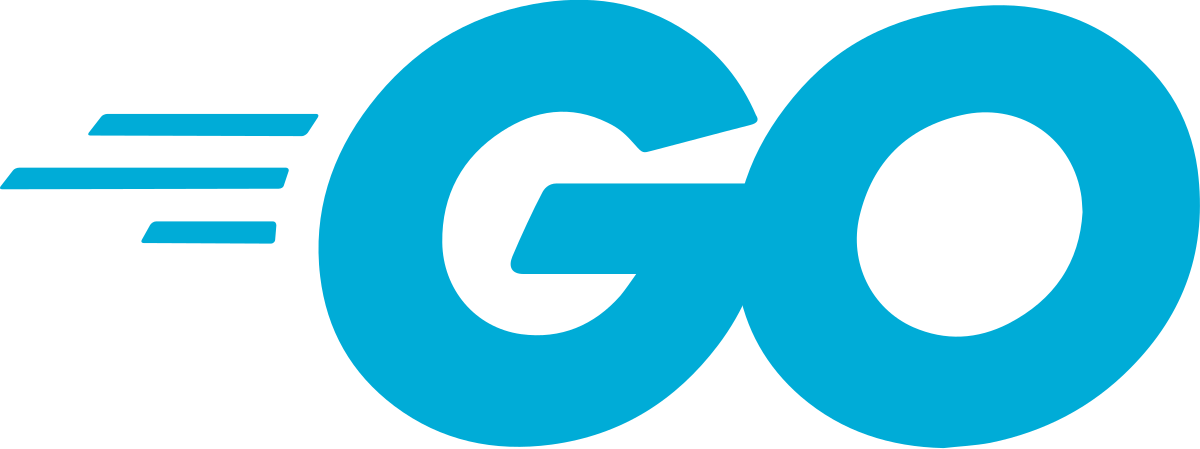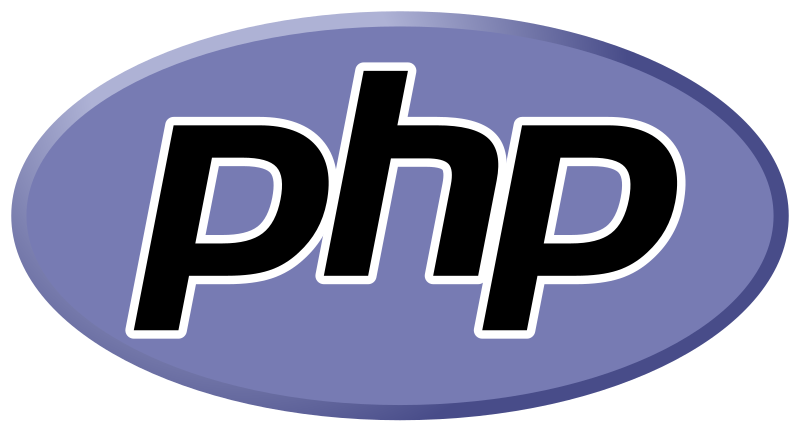Table of Content
- Introduction: Why Learning a New Programming Language is Important in 2023
- Python: Why it Continues to be a Dominant Programming Language.
- Introduction to Python
- Applications of Python
- Python in Artificial Intelligence and Data Science
- JavaScript: Why it is Essential for Web Development
- Introduction to JavaScript
- Applications of JavaScript
- JavaScript Frameworks and Libraries
- Rust: Why it is Gaining Popularity for Systems Programming.
- Introduction to Rust
- Rust vs. Other Systems Programming Languages
- Applications of Rust
- Go: Why it is a Fast and Simple Choice for Large-scale Projects.
- Introduction to Go
- Applications of Go
- Go vs. Other Programming Languages
- Swift: Why it is an Important Language for Mobile App Development.
- Introduction to Swift
- Applications of Swift
- Swift vs. Other Mobile App Development Languages
- Kotlin: Why is the Future of Android App Development?
- Introduction to Kotlin
- Advantages of Kotlin over Java
- Applications of Kotlin
- TypeScript: Why it is a Strongly Typed Alternative to JavaScript
- Introduction to TypeScript
- Advantages of TypeScript over JavaScript
- Applications of TypeScript
- PHP: Why it Continues to be an Important Web Development Language.
- Introduction to PHP
- Applications of PHP
- PHP vs. Other Web Development Languages
- C++: Why it is Still Important for High-performance Computing
- Introduction to C++
- Applications of C++
- C++ vs. Other High-performance Computing Languages
- Conclusion: Which Languages Will You Learn in 2023?
What is a programming language ?
A programming language is a formal language that is designed to communicate instructions to a computer. These instructions, or code, are written in a specific syntax and can be used to create software programs, scripts, or applications that can perform a variety of tasks. Programming languages can be categorized into different types, such as object-oriented, functional, procedural, and declarative. They can also be used to develop different types of applications, such as web applications, mobile applications, desktop applications, and games.
Why it is important to learn a programming Language in 2023 ?
-
Career Advancement: As the demand for technology continues to grow, the need for skilled programmers who can work with a variety of programming languages is also increasing. Learning a new programming language can expand your skillset, making you more attractive to potential employers and increasing your chances of career advancement.
-
Staying Relevant: Technology is constantly evolving, and programming languages that were popular just a few years ago may not be as relevant today. By learning new programming languages, you can stay up-to-date with the latest trends and technologies in the industry.
-
Problem Solving: Different programming languages are better suited for different tasks, and learning a new programming language can help you solve problems that you may not be able to solve with your current skillset. It can also help you think about problems in new and different ways.
-
Flexibility: By learning multiple programming languages, you can be more flexible in the types of projects you can work on. This can open up new opportunities and allow you to work on a wider variety of projects.
-
Personal Growth: Learning a new programming language can be challenging, but it can also be rewarding. It can help you grow as a programmer and give you a sense of accomplishment as you master a new skill.
Top 9 Programming Language in 2023
- Python
- JavaScript
- Rust
- Go
- Swift
- Kotlin
- TypeScript
- PHP
- C++
- Ruby
Python: Why it Continues to be a Dominant Programming Language
Python is a high-level programming language that has gained immense popularity over the past decade. It was created by Guido van Rossum in 1991 and has since become one of the most widely used programming languages in the world. In this article, we'll explore why Python continues to be a dominant programming language and its various applications in different fields.
Introduction to Python
Python is a general-purpose programming language that is known for its simplicity, readability, and ease of use. It has a clean syntax that allows developers to write code that is easy to understand and maintain. Python is an interpreted language, which means that it is executed directly by the computer's processor without the need for compilation.
One of the reasons why Python has become so popular is its vast collection of libraries and frameworks. These libraries and frameworks provide developers with pre-built functions and modules that can be used to solve complex problems quickly and efficiently. Python's popularity has also led to the creation of a large and active community of developers who are constantly contributing to the language's development.
Applications of Python
Python's versatility makes it useful in a wide range of applications. Here are some of the areas where Python is commonly used:
-
Web Development: Python's simplicity and flexibility make it an excellent choice for web development. Popular web frameworks like Django and Flask are built using Python.
-
Data Science: Python's libraries like NumPy, Pandas, and Matplotlib make it the go-to language for data science and machine learning. It is used for tasks like data analysis, visualization, and modeling.
-
Artificial Intelligence: Python is widely used in artificial intelligence and deep learning applications. Libraries like TensorFlow, Keras, and PyTorch make it easy to build and train machine learning models.
-
Scientific Computing: Python's libraries like SciPy and SciKit-learn make it a popular choice for scientific computing. It is used for tasks like simulations, modeling, and numerical analysis.
-
Game Development: Python's Pygame library makes it possible to develop 2D games easily and efficiently.
Python in Artificial Intelligence and Data Science
Python's popularity in the fields of artificial intelligence and data science is unmatched. Its ease of use and the availability of numerous libraries and frameworks make it the language of choice for many data scientists and AI researchers.
Python's NumPy library provides support for large, multi-dimensional arrays and matrices, making it easy to perform complex mathematical operations. Pandas is another library that is widely used for data manipulation and analysis. It provides support for data structures like data frames, which are used for storing and manipulating large datasets.
Python's machine learning libraries like TensorFlow, Keras, and PyTorch are widely used for developing machine learning models. These libraries provide support for building and training deep neural networks, making it possible to create powerful AI applications.
In conclusion, Python continues to be a dominant programming language due to its versatility, ease of use, and extensive libraries and frameworks. Its applications in areas like data science and artificial intelligence have solidified its position as one of the most important programming languages of our time.
JavaScript: Why it is Essential for Web Development
JavaScript is a dynamic programming language that is used to create interactive and responsive websites. It is an essential component of web development and is used extensively for front-end and back-end development. In this article, we'll explore the reasons why JavaScript is essential for web development.
Introduction to JavaScript
JavaScript was created by Brendan Eich in 1995 and has since become one of the most widely used programming languages in the world. It is a high-level, dynamic, and interpreted programming language that is used for both front-end and back-end web development.
Applications of JavaScript
JavaScript is used extensively in web development and is an essential component of modern websites. Here are some of the areas where JavaScript is commonly used:
-
Front-end Development: JavaScript is used for creating interactive user interfaces, animations, and dynamic web pages. Popular JavaScript libraries and frameworks like React, Vue.js, and AngularJS make it easy to build complex web applications.
-
Back-end Development: JavaScript is also used for back-end web development. Node.js is a popular JavaScript-based runtime environment that is used for building scalable and high-performance web applications.
-
Mobile App Development: JavaScript is also used for developing mobile applications using frameworks like React Native and Ionic. These frameworks allow developers to build cross-platform mobile applications using JavaScript.
JavaScript Frameworks and Libraries
JavaScript has a vast collection of frameworks and libraries that make web development faster and more efficient. Here are some of the most popular JavaScript frameworks and libraries:
-
React: React is a popular JavaScript library that is used for building user interfaces. It is developed by Facebook and is used extensively in web development.
-
AngularJS: AngularJS is a JavaScript-based framework that is used for building dynamic web applications. It is developed by Google and is widely used in web development.
-
Vue.js: Vue.js is a lightweight JavaScript framework that is used for building user interfaces. It is easy to learn and is widely used in web development.
In conclusion, JavaScript is an essential programming language for web development. Its versatility and vast collection of frameworks and libraries make it the language of choice for front-end and back-end development. If you are interested in web development, learning JavaScript is a must.
Rust: Why it is Gaining Popularity for Systems Programming
Rust is a systems programming language that is gaining popularity due to its performance, reliability, and memory safety. It was developed by Mozilla and is used for building high-performance applications. In this article, we'll explore the reasons why Rust is gaining popularity for systems programming.
Introduction to Rust
Rust is a systems programming language that was first released in 2010. It is designed to be fast, efficient, and reliable, making it ideal for building high-performance applications. Rust has a unique ownership system that ensures memory safety and eliminates common errors like null pointer exceptions.
Rust vs. Other Systems Programming Languages
Rust has several advantages over other systems programming languages like C and C++. Here are some of the reasons why Rust is gaining popularity:
-
Memory Safety: Rust has a unique ownership system that ensures memory safety and eliminates common errors like null pointer exceptions.
-
Performance: Rust is designed to be fast and efficient, making it ideal for building high-performance applications.
-
Reliability: Rust has a strong type system and a unique borrowing system that ensures code correctness and reduces the chances of runtime errors.
Applications of Rust
Rust is used for building various applications, from operating systems to web browsers. Here are some of the areas where Rust is commonly used:
-
Operating Systems: Rust is used for building operating systems like Redox and TockOS.
-
Web Browsers: Rust is used for building web browsers like Firefox and Servo.
-
Gaming: Rust is used for building game engines like Amethyst and Piston.
In conclusion, Rust is gaining popularity for systems programming due to its performance, reliability, and memory safety. If you are interested in systems programming, learning Rust can be a valuable addition to your skillset.
Go: Why it is a Fast and Simple Choice for Large-scale Projects
Go is a programming language developed by Google that is known for its simplicity, speed, and scalability. It is used for building large-scale applications that require high performance and concurrency. In this article, we'll explore the reasons why Go is a fast and simple choice for large-scale projects.
Introduction to Go
Go was developed by Google in 2009 and has since become one of the most popular programming languages in the world. It is designed to be simple, fast, and scalable, making it ideal for building large-scale applications. Go has a garbage collector that automatically manages memory, making it easier to write and maintain code.
Applications of Go
Go is used for building various applications, from web servers to network tools. Here are some of the areas where Go is commonly used:
-
Web Servers: Go is used for building high-performance web servers like Nginx and Caddy.
-
Network Tools: Go is used for building network tools like Docker and Kubernetes.
-
Data Science: Go is used for building data science applications like Gonum and Gorgonia.
Go vs. Other Programming Languages
Go has several advantages over other programming languages like Java and C++. Here are some of the reasons why Go is a fast and simple choice for large-scale projects:
-
Concurrency: Go has built-in support for concurrency, making it easier to write high-performance and scalable applications.
-
Simplicity: Go is designed to be simple, making it easier to write and maintain code.
-
Speed: Go is known for its speed and performance, making it ideal for building large-scale applications.
In conclusion, Go is a fast and simple choice for large-scale projects due to its simplicity, speed, and scalability. If you are interested in building large-scale applications, learning Go can be a valuable addition to your skillset.
Introduction to Swift
Swift is a general-purpose, multi-paradigm programming language developed by Apple Inc. for iOS, macOS, watchOS, and tvOS app development. It was first released in 2014 and has since then become one of the most popular languages for developing mobile apps.
Swift is a modern language designed to be fast, safe, and interactive. It offers a powerful syntax and provides advanced features such as optionals, closures, and type inference. Swift also comes with a range of built-in libraries and frameworks, making it easy to develop high-quality apps quickly.
Applications of Swift
Swift is primarily used for developing mobile apps for iOS, macOS, watchOS, and tvOS. It is also gaining popularity for server-side programming, as it offers fast performance and easy concurrency. Some of the popular apps that have been developed using Swift include Airbnb, Lyft, and LinkedIn.
Swift is also used for developing games, especially those that target the Apple ecosystem. In addition, Swift has been adopted by several industries, including healthcare, finance, and e-commerce.
Swift vs. Other Mobile App Development Languages
Compared to other mobile app development languages such as Java and Kotlin, Swift offers several advantages. Firstly, Swift is faster than Objective-C, the predecessor to Swift, due to its simpler syntax and advanced features. Swift also provides safer code by eliminating the need for null pointers, which are a common source of errors in other languages.
In addition, Swift has a robust set of built-in libraries and frameworks that make it easier to develop apps. Swift also offers interoperability with Objective-C, allowing developers to use existing code written in Objective-C and to gradually migrate to Swift.
Overall, Swift is a powerful language for developing high-quality, fast, and safe mobile apps. Its popularity continues to grow, and it is expected to remain an important language for mobile app development in the future.
Kotlin: Why it is the Future of Android App Development?
Kotlin is a statically typed programming language that runs on the Java Virtual Machine (JVM). It was developed by JetBrains, the company behind popular Java integrated development environment (IDE) IntelliJ IDEA. Kotlin is interoperable with Java, meaning that Java and Kotlin code can be used together in the same project. Kotlin has been gaining popularity in the Android app development community due to its concise syntax, null safety features, and seamless integration with Java. Some popular Android apps developed with Kotlin include Pinterest, Evernote, and Uber.
Introduction to Kotlin
Kotlin is an open-source language and has a strong focus on interoperability with Java. This means that Kotlin code can interact seamlessly with Java code, making it easy for developers to use Kotlin in existing Java projects. Additionally, Kotlin has a concise syntax and includes several modern features, such as null safety, extension functions, and lambdas, which can significantly improve the efficiency and readability of code.
Advantages of Kotlin over Java
- Concise syntax and reduced boilerplate code
- Null safety features
- Interoperability with Java
Applications of Kotlin
- Android app development
- Server-side development with Kotlin
Overall, Kotlin's combination of modern features, strong interoperability with Java, and its growing community make it an excellent language for developing a wide range of applications.
Introduction to TypeScript
TypeScript is an open-source programming language developed by Microsoft, which is a superset of JavaScript. It is designed to add static typing to JavaScript and provide additional features to the language. TypeScript is compatible with any JavaScript code, and it compiles to plain JavaScript, which means it can be run on any platform that supports JavaScript.
TypeScript Frameworks and Libraries
TypeScript is widely used in web development frameworks and libraries. Some of the most popular TypeScript frameworks include Angular, Nest.js, and Ionic. Angular is a popular framework for building web applications, while Nest.js is a server-side framework that allows developers to build scalable and maintainable Node.js applications. Ionic is a framework for building cross-platform mobile applications using web technologies.
In addition to frameworks, many popular libraries are written in TypeScript, including React, Vue.js, and jQuery. These libraries provide developers with additional functionality and can significantly improve the development process.
Advantages of TypeScript over JavaScript
TypeScript has several advantages over JavaScript, including:
-
Static Typing: TypeScript provides optional static typing, which can help catch errors early in the development process and make code more readable and maintainable.
-
Code Organization: TypeScript includes support for classes, interfaces, and modules, making it easier to organize and structure code.
-
Improved IDE Support: TypeScript provides improved IDE support, including code completion, refactoring, and error checking.
-
Modern JavaScript Features: TypeScript includes support for modern JavaScript features, such as arrow functions and async/await, allowing developers to write cleaner and more efficient code.
Applications of TypeScript
TypeScript can be used for a wide range of applications, including:
-
Web Development: TypeScript is a popular language for developing web applications, particularly when using frameworks such as Angular.
-
Mobile App Development: TypeScript can be used to develop cross-platform mobile applications using frameworks such as Ionic.
-
Server-Side Development: TypeScript can be used to develop server-side applications using frameworks such as Nest.js.
Overall, TypeScript is a powerful language for web and mobile app development, with many features that make it easier to write, read, and maintain code. Its growing popularity and support from large companies such as Microsoft make it a language worth considering for any developer.
Introduction to PHP
PHP is a widely-used open-source scripting language that is popular for web development. PHP stands for Hypertext Preprocessor, which was originally created as a tool to create dynamic web pages. Today, it is used for developing web applications, command-line scripting, and other general-purpose tasks. PHP is a server-side scripting language, meaning that it runs on the server and generates HTML code that is then sent to the client's browser.
Applications of PHP
PHP has a wide range of applications, and it is one of the most popular languages for web development. Some of the most common applications of PHP include:
-
Web Development: PHP is widely used for developing web applications, from simple websites to complex web portals and e-commerce platforms.
-
Content Management Systems (CMS): Many popular CMS platforms, such as WordPress, Drupal, and Joomla, are built on PHP.
-
E-commerce: PHP is commonly used for building e-commerce platforms and shopping carts, as it provides a wide range of features and functionality to support online transactions.
-
Social Media: Many social media platforms, such as Facebook, were built on PHP.
PHP vs. Other Web Development Languages
PHP is often compared to other web development languages, such as JavaScript, Python, and Ruby. Some of the advantages of PHP over other languages include:
-
Speed: PHP is known for its speed and can handle large amounts of data and traffic with ease.
-
Integration: PHP can be easily integrated with other languages and technologies, making it a popular choice for web development.
-
Popularity: PHP has a large and active community of developers, making it easy to find support, resources, and tools.
However, PHP has some disadvantages compared to other languages, such as its syntax and security issues. Despite these drawbacks, PHP remains a popular language for web development due to its ease of use, flexibility, and wide range of applications.
Introduction to C++:
C++ is a high-level programming language that was developed in the early 1980s by Bjarne Stroustrup as an extension of the C programming language. C++ has been widely used in the development of operating systems, desktop applications, video games, and high-performance computing applications.
Applications of C++:
C++ is widely used in various industries for developing software applications, such as video games, operating systems, web browsers, and high-performance computing applications. Some popular applications developed using C++ include Adobe Photoshop, Mozilla Firefox, and Microsoft Windows.
C++ vs. Other High-Performance Computing Languages:
C++ is a popular choice for high-performance computing applications due to its ability to produce efficient and optimized code. Compared to other high-performance computing languages like Fortran and C, C++ offers a wider range of programming paradigms, including object-oriented programming and generic programming. Additionally, C++ is known for its ability to interface with hardware and low-level programming, making it a popular choice for systems programming.
In conclusion, C++ remains an important programming language in 2023 due to its efficiency, flexibility, and ability to produce optimized code. While there are other high-performance computing languages available, C++ offers a wider range of programming paradigms and is known for its ability to interface with hardware and low-level programming, making it a popular choice for systems programming.
Conclusion:
After exploring these top programming languages, you might be wondering which ones to learn in 2023. It depends on your career goals and the type of projects you want to work on.
If you want to develop mobile apps for iOS, Swift is a must-learn language. Kotlin is the future of Android app development and is worth investing your time in if you want to focus on that platform. If you want to become a web developer, JavaScript and TypeScript are essential, and PHP is still an important language for web development.
For high-performance computing, C++ continues to be a relevant language, and Rust is gaining popularity in this area. If you want to work on large-scale projects, Go is a fast and simple choice. And if you're interested in data science and artificial intelligence, Python is a dominant language in this field.
Ultimately, it's up to you to decide which languages to learn based on your interests, career goals, and project needs. Keep in mind that programming languages are constantly evolving, so it's important to stay up-to-date with the latest trends and technologies to remain competitive in the industry.










Comments
Post a Comment